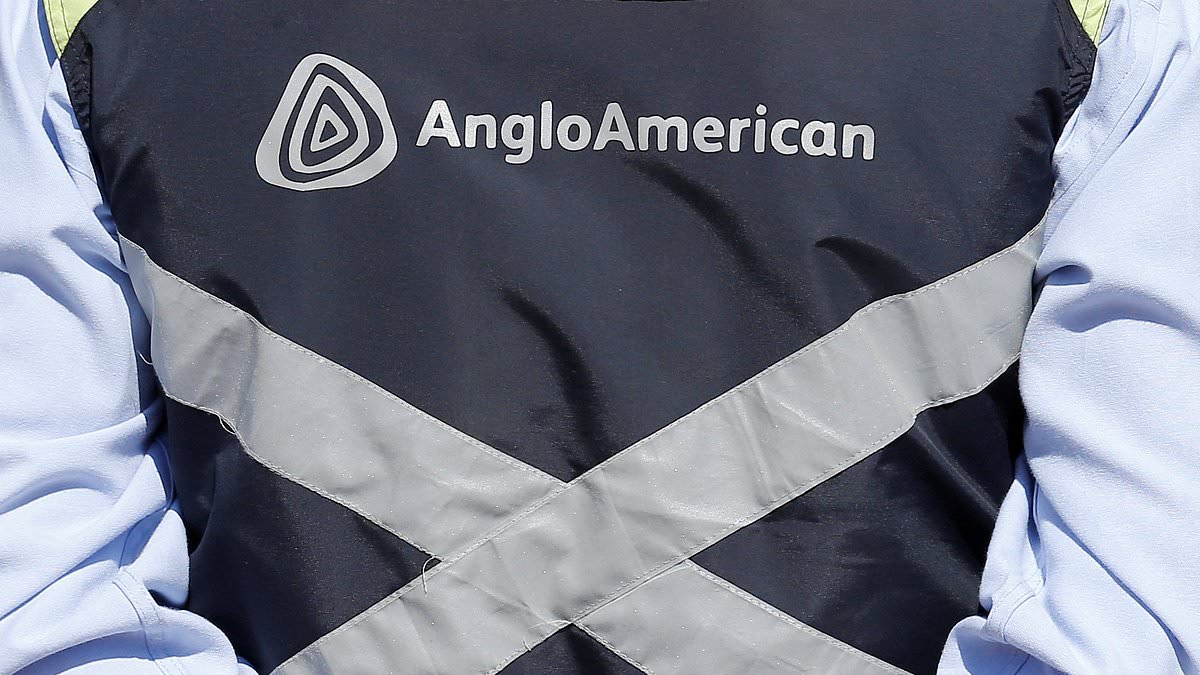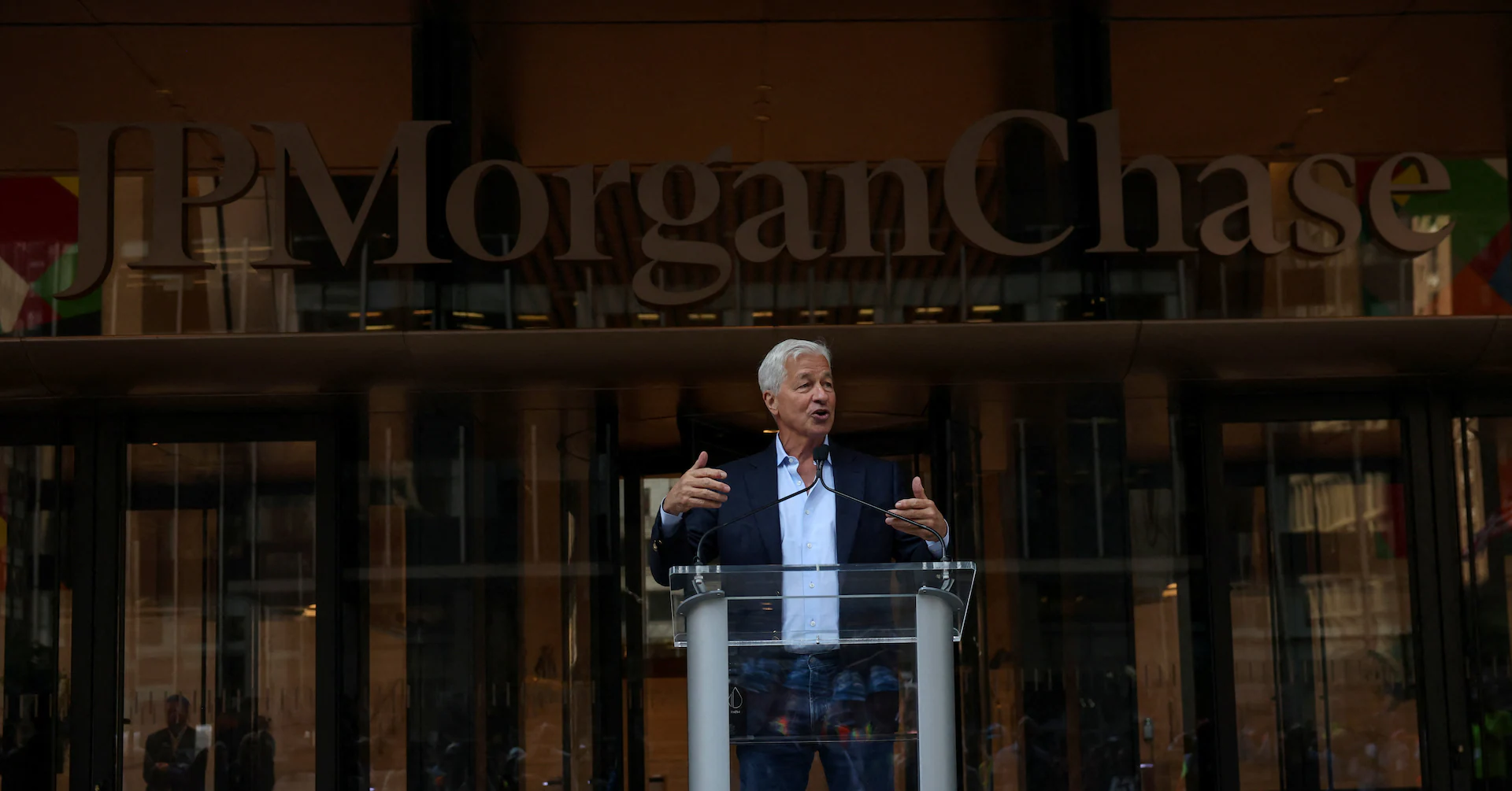Anglo American goes big on copper – but will its rivals now look to get in on the act? asks ALEX BRUMMER
By Alex Brummer,Editor
Copyright dailymail

Anglo American’s £40billion merger with Canada’s Teck Resources is unlikely to be the last word.
Copper is a hot commodity, in enormous demand by the car, military and power industries as the world electrifies.
One cannot imagine that investment bankers advising other mining behemoths won’t be tempted into the fray.
Anglo has been busy divesting itself of surplus assets since it courageously fought off Australian-quoted colossus BHP last year. Teck closed the door on London-listed Glencore, too.
Neither ambitious BHP boss Mike Henry nor Glencore’s chief executive Gary Nagle are known for sitting on their hands.
And one can never discount Britain’s other big mining group Rio, with a freshly minted chief executive in Simon Trott, wanting to get in on the act.
Investing in new mining deposits is capital intensive, especially in these more environmentally challenging times. So buying ready-made assets and logistics channels always is more attractive.
The transaction is billed as a merger of equals but that is not strictly the case. Anglo American shareholders will own 62.4 per cent of the combined firm and Teck some 37.6 per cent.
That begs big questions about the future. Anglo investors are being promised a handsome £3.3billion special dividend – the kind of payout which doesn’t come around very often.
The UK can afford some satisfaction that the main listing for Anglo Teck, as the new enterprise will be called, will remain in London.
That may have been politically necessary to satisfy interests in Johannesburg and Pretoria who have a proprietorial interest in Anglo as one of the few mining groups which refused to be browbeaten by apartheid.
The decision of Anglo to concede that the headquarters will be in Vancouver is contentious. I have been assured that the new company will be incorporated in London and the first chief executive will be Anglo boss Duncan Wanblad.
But where the headquarters go, the share quote often follows – although Vancouver or Toronto might be less liquid for a newcomer on the scale of Anglo Teck.
As for Wanblad, he has so far not managed to recreate the value of the BHP bid in spite of some impressive disposals, such as the spin-out of Anglo Platinum, now called Valterra.
Unlike diamonds, chief executives are not forever. And with the chairman – Teck’s Sheila Murray – in Vancouver, there can be no guarantees.
Indeed, the executive spoils are being divided up between the parties, with chief executive and finance director from Anglo and chairman and deputy chief executive from Teck.
Such fuzzy outcomes often spell tension and trouble ahead. Cleaner breaks are always advisable.
There is a nervous bonhomie about selling the deal, with Wanblad declaring he is ‘delighted’. Plans are for Anglo Teck to press ahead with the sale of diamond producer De Beers.
The sale process has not been especially easy given the boom in cheaper, lab-generated sparklers, which are seen as undermining the exclusivity of De Beers.
Nevertheless, Taylor Swift’s recent engagement ring and enthusiasm for vintage diamonds suggests that all is not lost.
Previous ideas that De Beers could be an initial public offering are now off the table. Both trade, national and even private equity buyers have De Beers in focus.
What the Anglo Teck deal does offer is some semblance of industrial strategy. There is lots of stuff about how the two companies have adjacent copper mines in Chile – Quebrada Blanca, partly owned by Teck, and Anglo’s Collahuasi.
That offers the chance for efficiencies. But there is also the risk of over-exposure to copper with 70 per cent of the new company’s income to come from a single, sometimes volatile metal source.
The combined group becomes a top five copper producer with 1.2 metric tonnes of output a year and assets in Peru and Canada as well as Chile.
Shares in both companies enjoyed a boost from the merger prospects with Teck’s stock doing better than Anglo.
It would be pity, however, if Anglo American, having seen BHP off the field of battle in 2024, opened the door to a counteroffer which saw the Sydney-quoted giant march off with the prize.
Stranger things have happened.



